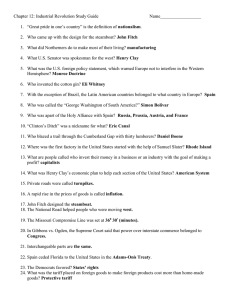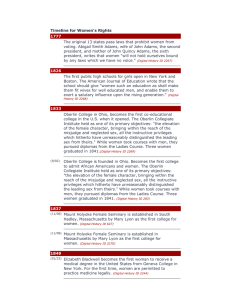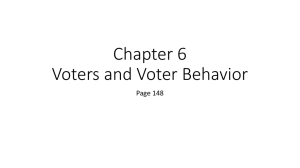File
advertisement
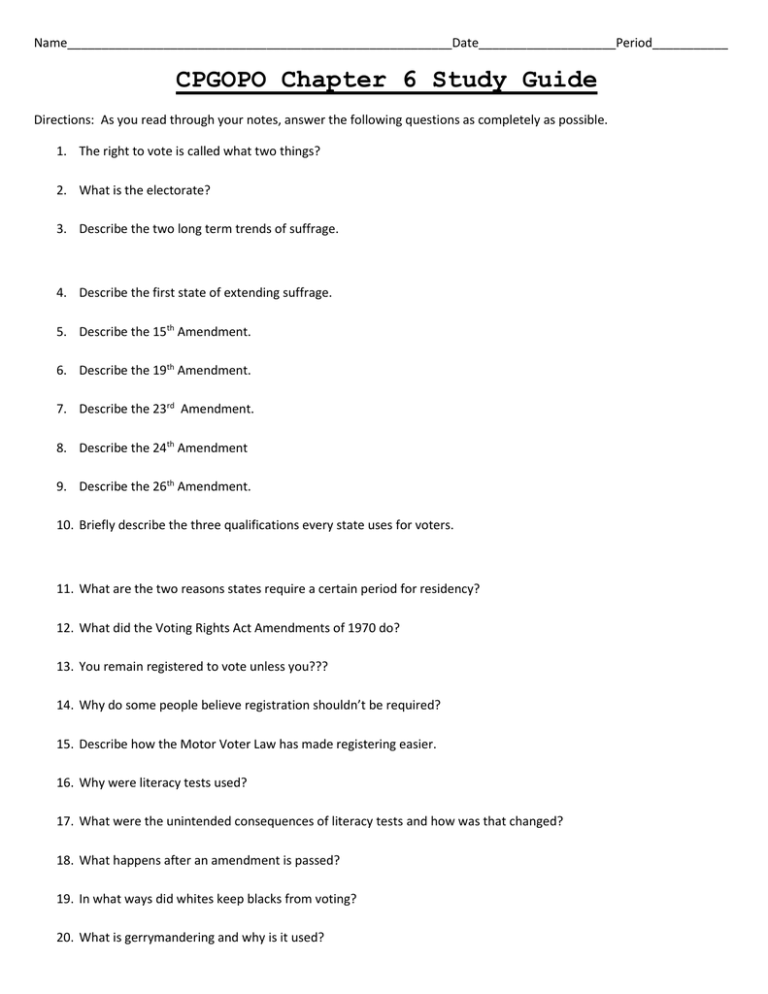
Name________________________________________________________Date____________________Period___________ CPGOPO Chapter 6 Study Guide Directions: As you read through your notes, answer the following questions as completely as possible. 1. The right to vote is called what two things? 2. What is the electorate? 3. Describe the two long term trends of suffrage. 4. Describe the first state of extending suffrage. 5. Describe the 15th Amendment. 6. Describe the 19th Amendment. 7. Describe the 23rd Amendment. 8. Describe the 24th Amendment 9. Describe the 26th Amendment. 10. Briefly describe the three qualifications every state uses for voters. 11. What are the two reasons states require a certain period for residency? 12. What did the Voting Rights Act Amendments of 1970 do? 13. You remain registered to vote unless you??? 14. Why do some people believe registration shouldn’t be required? 15. Describe how the Motor Voter Law has made registering easier. 16. Why were literacy tests used? 17. What were the unintended consequences of literacy tests and how was that changed? 18. What happens after an amendment is passed? 19. In what ways did whites keep blacks from voting? 20. What is gerrymandering and why is it used? 21. What happened in Smith v. Allwright? 22. What happened in Gomillion v. Lightfoot? 23. What did the Civil Rights Act of 1957 do? 24. What did the Civil Rights Act of 1960 do? 25. What did the Civil Rights Act of 1965 do? 26. What did the Voting Rights Act of 1965 do? 27. What voting requirements by states must be approved by the Department of Justice? 28. What is “ballot fatigue”? 29. Who are the “cannot-voters?” 30. Who are the “actual non-voters?” 31. Describe the three types of “actual non-voters” 32. What are examples of factors why people don’t vote? 33. People who are likely to vote have what characteristics? 34. People who are not likely to vote have what characteristics? 35. Describe how the following sociological factors influence voters. a. Income/occupation b. Education c. Gender/age d. Religion/ethnicity e. Geography f. Family/other groups 36. What is the difference between those who identify with one party and those who are independent? 37. Why are the candidates and the issues important?
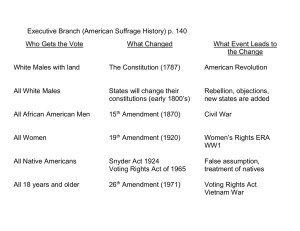


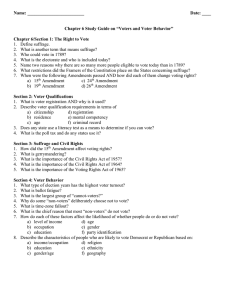
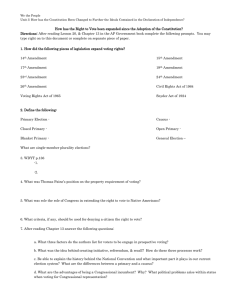
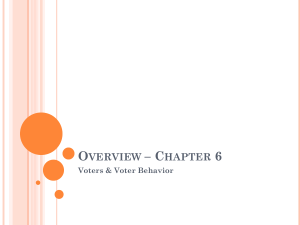

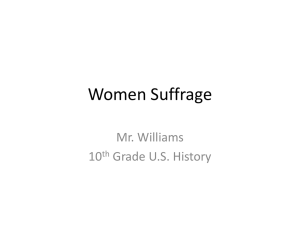

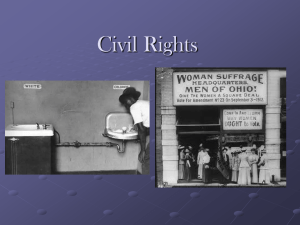
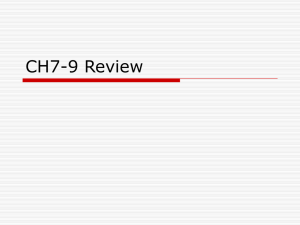
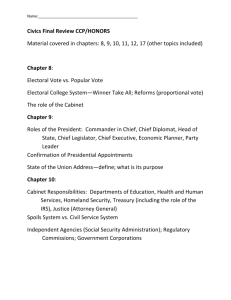
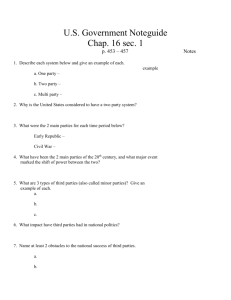
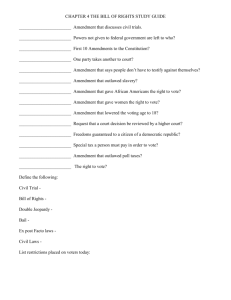
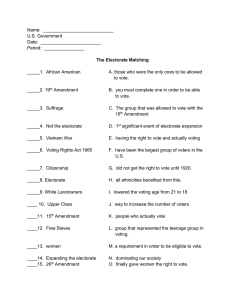
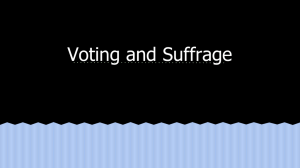
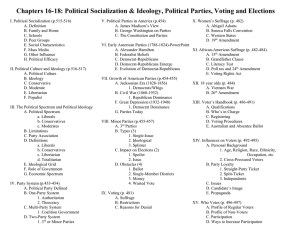
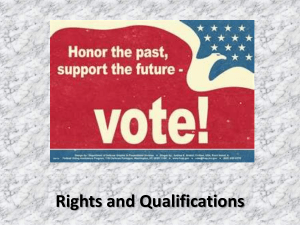
![FREDERICK DOUGLASS[1]](http://s3.studylib.net/store/data/025420856_1-f5e9b14cf029928d8b2b719625c6c150-300x300.png)
